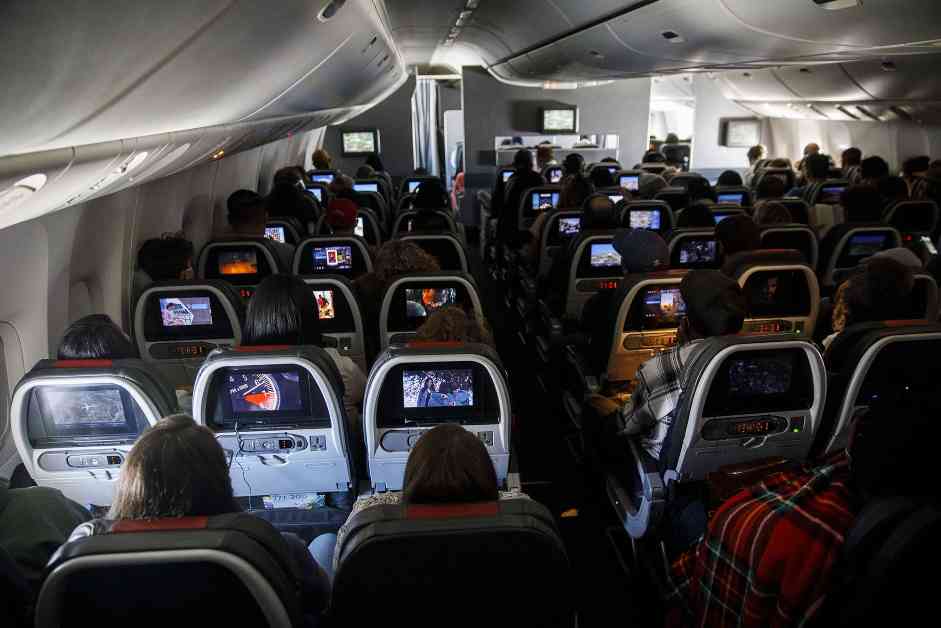Air travel can be a stressful experience, especially when facing a long-haul flight. Kris Major, a British flight attendant with 25 years of experience, shares valuable insights and tips on how to survive multiple hours in the sky.
For those embarking on a night flight, Major suggests eating before boarding to maximize sleep onboard. Business travelers often prioritize rest as soon as they board, recognizing the importance of making the most of precious sleep time.
When it comes to meal times during a long-haul flight, Major advises passengers to listen to their bodies and adjust meal consumption based on their travel schedule. It’s essential to prioritize rest over eating if you’re exhausted or trying to acclimate to different time zones.
While airlines usually provide pillows for long-haul flights, Major recommends bringing your own travel essentials like an eye mask and travel pillow for added comfort. It’s important to cater to your own needs and ensure you’re well-equipped for a comfortable journey.
For passengers struggling to sleep on flights, Major suggests not forcing sleep if your body clock isn’t ready. However, it’s crucial to rest as much as possible, especially if you have plans upon landing that require alertness and focus.
Crew rest areas are essential for flight attendants on long-haul flights, providing them with the opportunity to recharge and complete a full sleep cycle. These areas vary depending on the airline and aircraft, but they play a critical role in ensuring the safety and well-being of the crew.
When it comes to feeling fresh after sleeping on a plane, Major emphasizes the importance of basic hygiene practices like cleaning your teeth. Taking a few minutes to freshen up can make a significant difference in how you feel after rest.
Passengers should consider moving around in their seats and stretching during long flights to improve circulation and overall comfort. Even simple movements like wiggling toes can help alleviate discomfort from sitting in the same position for extended periods.
Removing shoes on a long-haul flight is a common practice for comfort and circulation, but it’s essential to maintain good hygiene to avoid unpleasant odors. Flight attendants encourage passengers to prioritize their comfort while being considerate of others in the cabin.
For nervous passengers or those with a fear of flying, Major suggests engaging with flight attendants for reassurance and distraction. Crew members are experienced in calming anxious passengers and providing support throughout the journey.
Overall, preparation, self-care, and flexibility are key to surviving long-haul flights. By following these tips from a seasoned flight attendant like Kris Major, passengers can make their journey more comfortable and enjoyable, even on the longest of flights.
